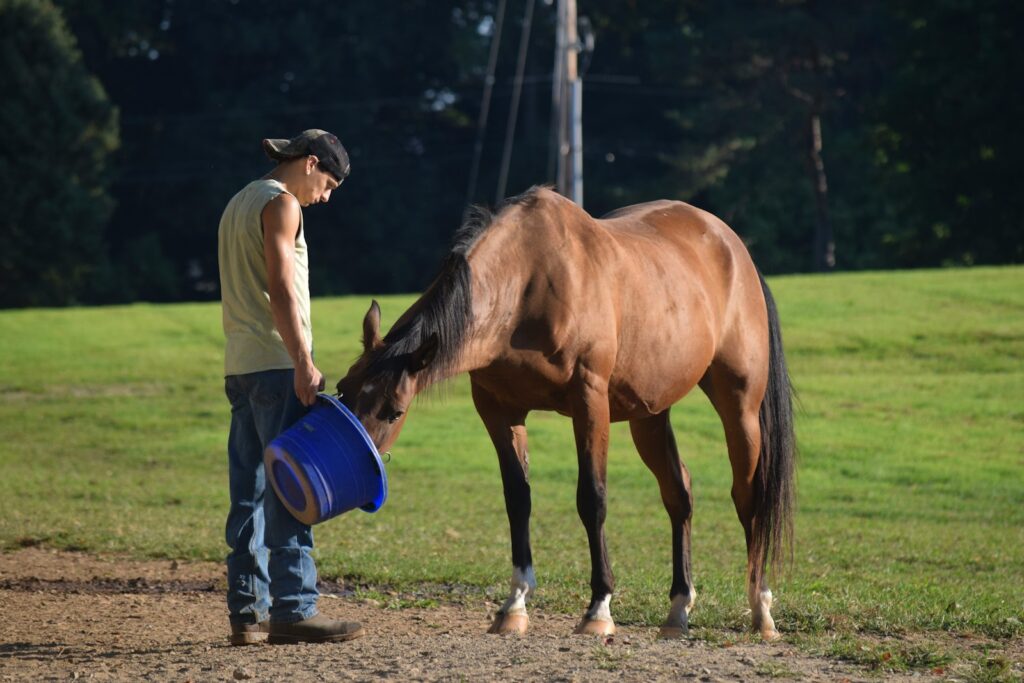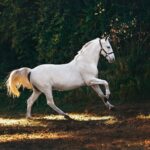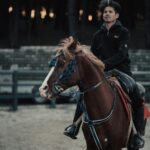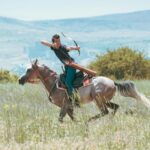As our equine companions enter their golden years, their nutritional needs undergo significant changes. Senior horses, typically those aged 15 and older, require specialized feeding plans that account for their aging bodies, dental issues, and possible health conditions. Creating a balanced feeding regimen for these treasured animals isn’t just about maintaining weight—it’s about ensuring quality of life, supporting immune function, and addressing the unique challenges that come with equine aging. This comprehensive guide will walk you through the essential components of senior horse nutrition, helping you develop a feeding plan that keeps your aging equine partner healthy, comfortable, and thriving for years to come.
Understanding the Aging Equine Body
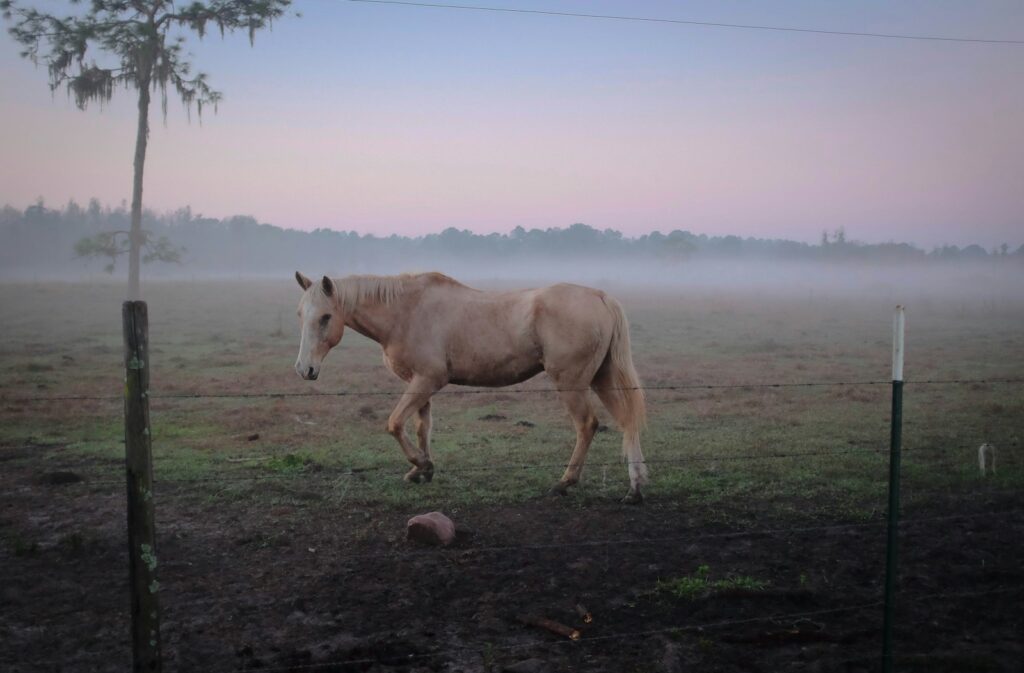
Senior horses experience numerous physiological changes that directly impact how they process and utilize nutrients. Their digestive efficiency typically decreases, making it harder to extract nutrients from traditional feeds. Muscle mass often diminishes while metabolic conditions like Cushing’s disease or insulin resistance become more common. Dental wear and tooth loss can significantly impact a horse’s ability to properly chew hay and other fibrous feeds, leading to potential weight loss and digestive issues. Furthermore, the immune system gradually weakens with age, increasing the importance of nutritional support to maintain overall health and resilience against illness.
Recognizing Signs That Your Feeding Plan Needs Adjustment
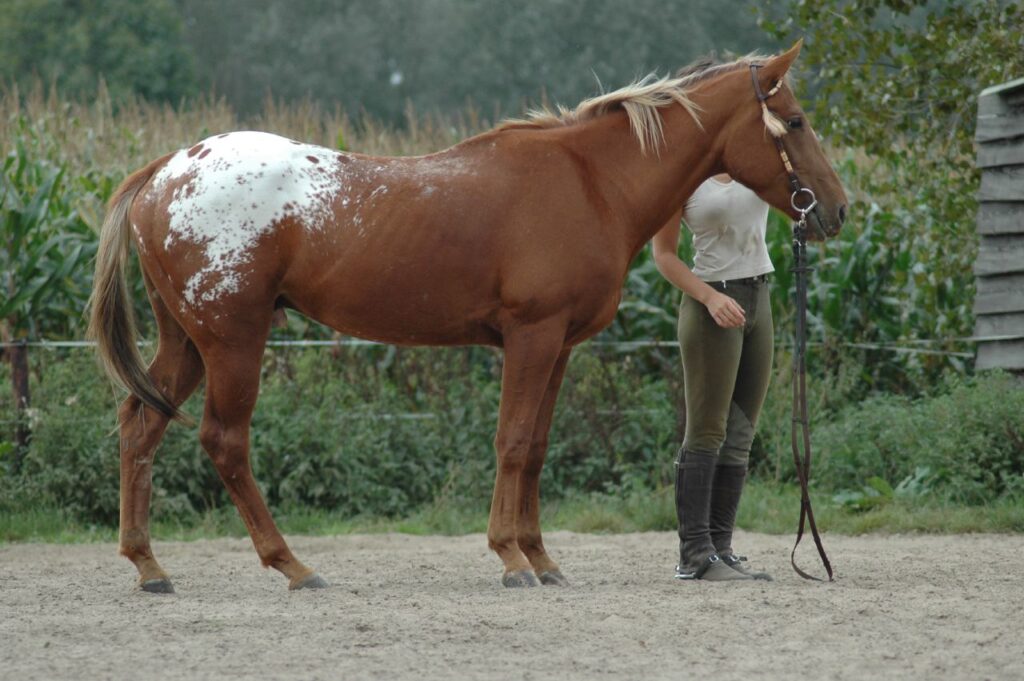
Vigilant observation is your best tool for determining when your senior horse’s nutritional plan requires modification. Weight loss, despite adequate feed intake, often serves as the first indication that changes are necessary. A dull, rough coat lacking its normal shine may signal nutritional deficiencies requiring immediate attention. Decreased energy levels, reluctance to move, or difficulty maintaining condition through seasonal changes can also indicate nutritional inadequacies. Additionally, watch for signs of difficulty chewing, dropping feed while eating (known as “quidding”), or increased time needed to finish meals, as these often indicate dental issues affecting feed utilization.
Essential Nutritional Components for Senior Horses
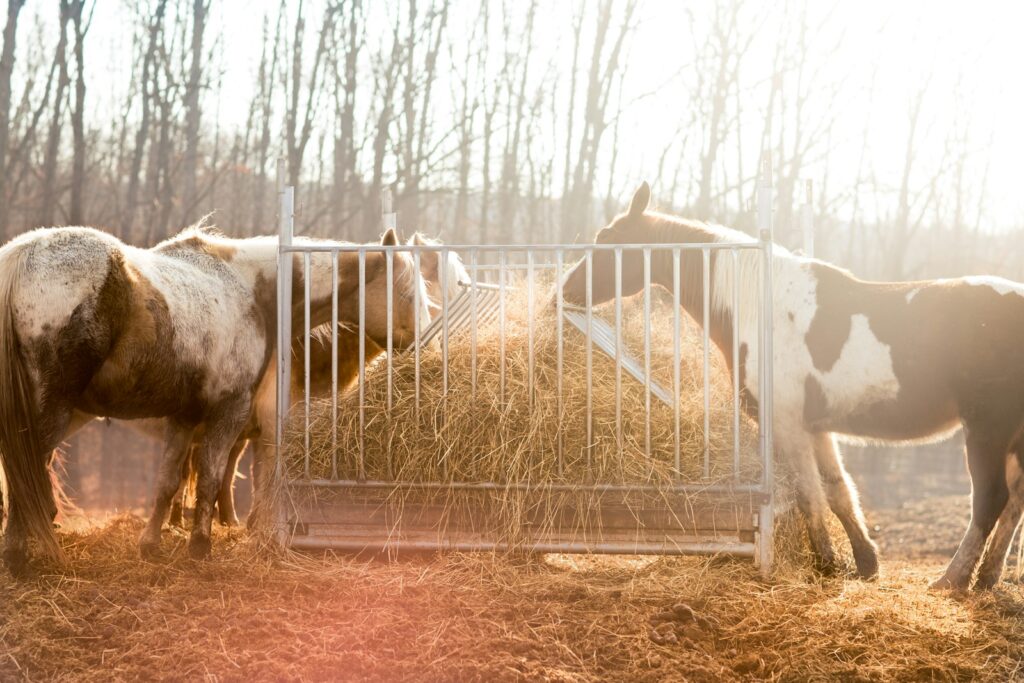
Senior horses require specific nutritional elements to support their aging bodies effectively. Protein quality becomes increasingly important, with requirements often increasing to 12-14% of the diet to maintain muscle mass and support tissue repair. Essential amino acids, particularly lysine, are crucial for maintaining muscle integrity and supporting immune function. Easily digestible fiber sources form the foundation of a senior diet, providing safe calories and supporting digestive health. Fat supplementation offers concentrated, safe energy without the heat increment of carbohydrates, while balanced vitamin and mineral profiles support everything from bone health to immune function, with particular attention to calcium, phosphorus, and vitamin E levels as protective agents against age-related degeneration.
Selecting the Right Senior Feed

Commercial senior feeds are specifically formulated to address the unique needs of aging horses, but not all products are created equal. Look for feeds with protein content between 14-16%, with guaranteed levels of essential amino acids like lysine. Fiber content should be substantial, typically above 12%, often including beet pulp or soy hulls for highly digestible fiber sources. Fat content between 6-10% provides necessary calories without excessive carbohydrates, which is especially important for horses with metabolic issues. Most quality senior feeds also feature pre- and probiotics to support digestive health, along with enhanced vitamin E levels (typically 1000-2000 IU per daily serving) to support immune function and overall cellular health.
Forage Considerations for Aging Horses
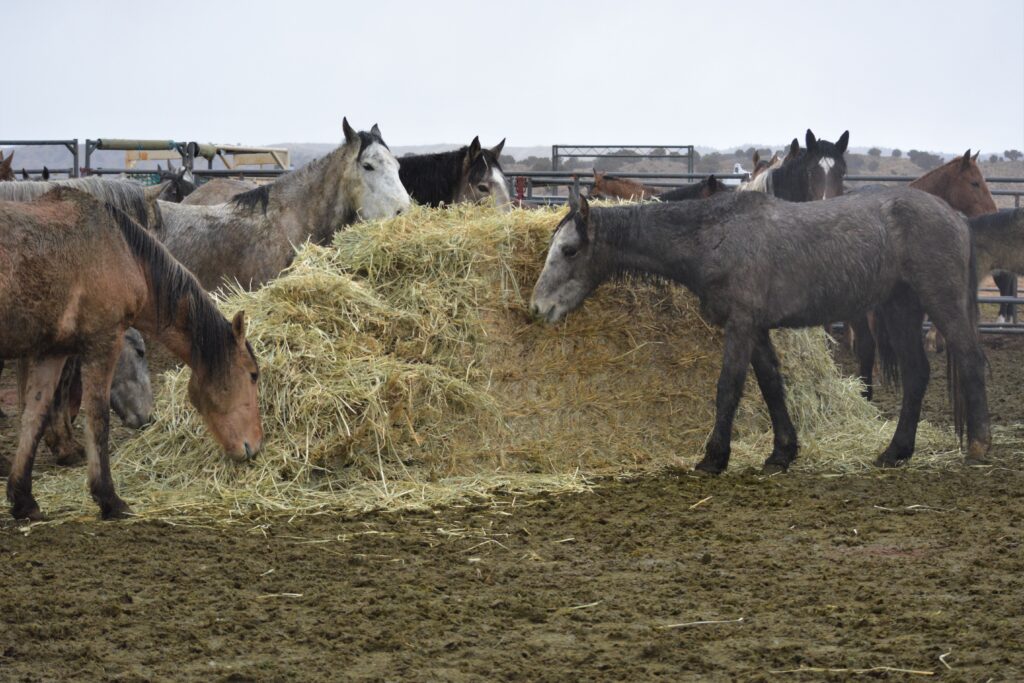
Forage remains the cornerstone of any equine diet, including seniors, but adjustments are often necessary as horses age. Soft, leafy hay is preferable as it’s easier to chew and more digestible than stemmy varieties. For horses with significant dental issues, consider feeding chopped forage, soaked hay cubes, or complete feed pellets that provide the necessary fiber without requiring extensive chewing. Hay analysis is particularly valuable for senior horses, allowing you to identify potential mineral imbalances and supplement accordingly. For horses that struggle with traditional hay, alternative fiber sources such as beet pulp, soy hulls, or complete senior feeds with high fiber content can provide the necessary forage component in a more accessible form.
Dealing with Dental Challenges
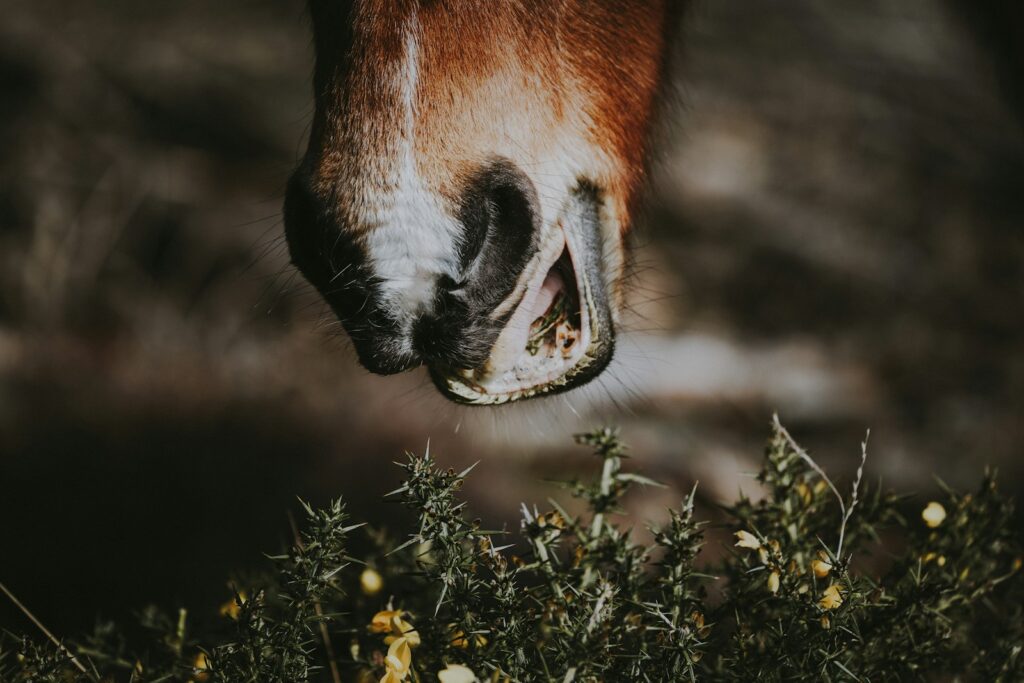
Dental issues represent one of the most significant obstacles to proper nutrition in senior horses. Annual or semi-annual dental examinations become essential as horses age to address wave mouths, hooks, and other abnormalities that impair chewing. When dental function deteriorates, transitioning to soaked feeds can dramatically improve nutrient absorption and prevent weight loss. Complete senior feeds designed to be fed as the sole ration can eliminate the need for hay altogether for horses with severe dental issues. Feeding smaller meals more frequently throughout the day accommodates horses that eat slowly due to dental pain or missing teeth. Additionally, providing feed at an elevated level can assist horses with dental issues by positioning food at the most comfortable angle for their compromised dentition.
Managing Weight in Senior Horses
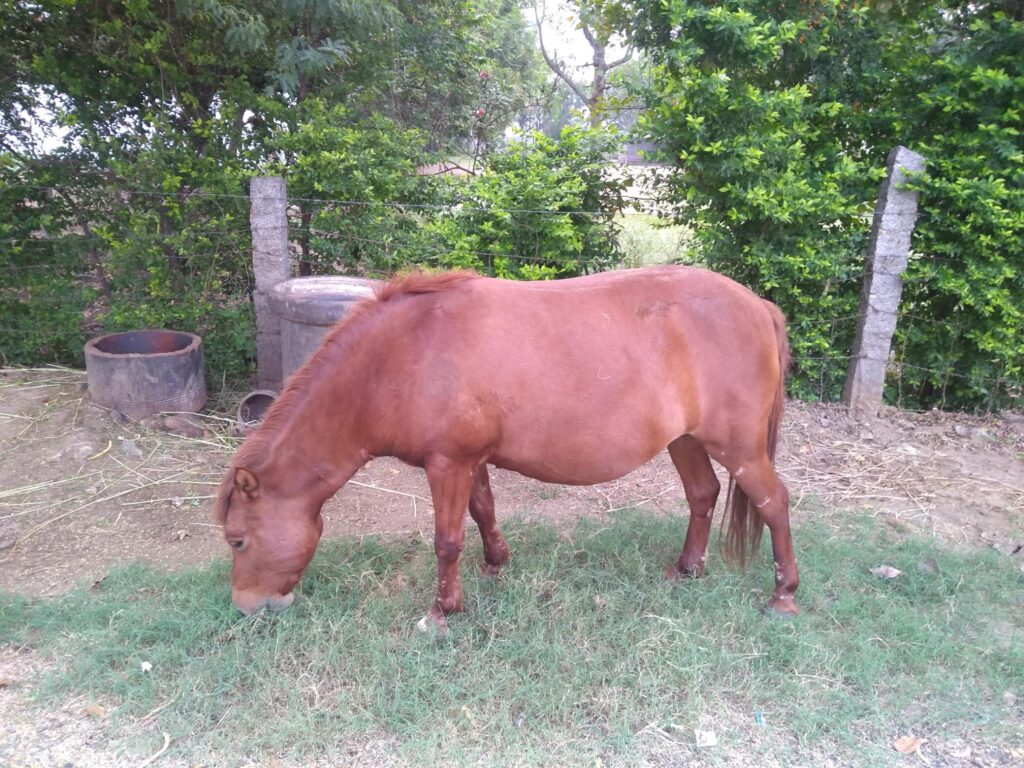
Weight management becomes increasingly challenging as horses age, with both weight loss and obesity presenting unique concerns. For underweight seniors, increasing caloric density through added fats like vegetable oil or rice bran can provide safe energy without excessive bulk. Small, frequent meals optimize digestion and nutrient absorption for thin horses with compromised digestive efficiency. Conversely, overweight seniors—particularly those with metabolic issues—require carefully controlled diets with low non-structural carbohydrates and measured portions. Slow feeders can extend feeding time for both underweight horses (encouraging consumption) and overweight horses (limiting intake rate while satisfying the grazing instinct). Regular body condition scoring using the Henneke 1-9 scale helps track subtle changes before they become serious problems, with most seniors ideally maintained at a score of 5-6.
Supplement Strategies for Senior Equines
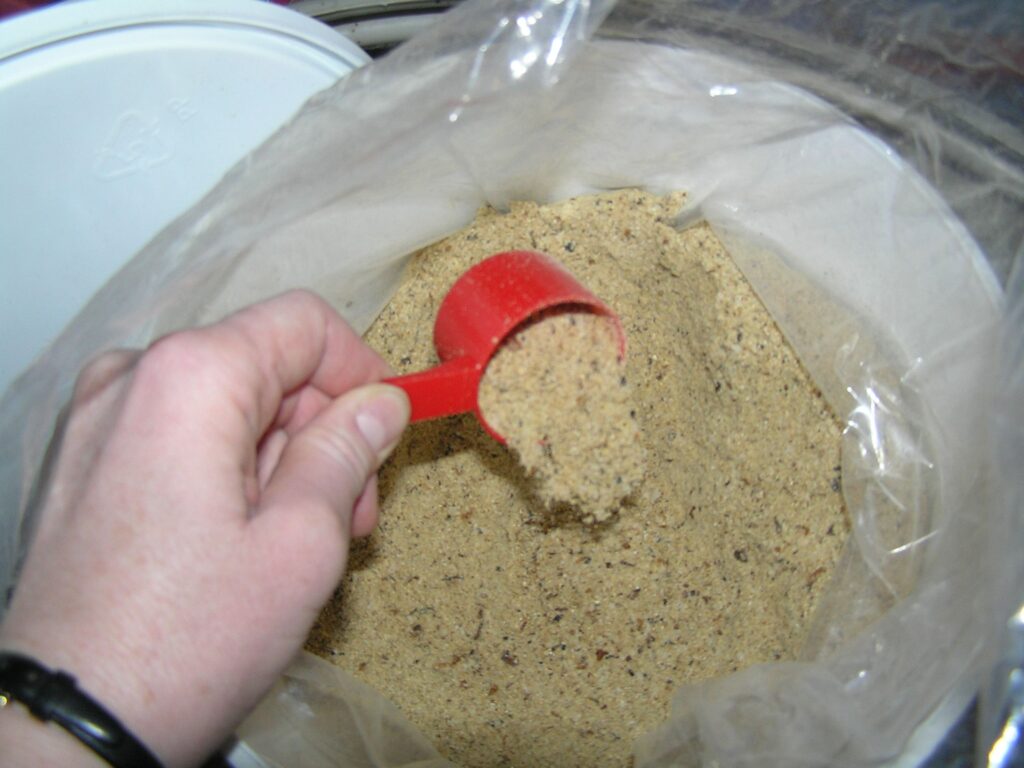
Targeted supplementation can address specific age-related concerns in senior horses when used judiciously. Joint supplements containing glucosamine, chondroitin sulfate, MSM, and hyaluronic acid may help support comfort and mobility in arthritic horses. Omega-3 fatty acids from flaxseed or fish oil provide anti-inflammatory benefits that support joint health, skin condition, and immune function. Digestive supplements containing prebiotics and probiotics can enhance feed utilization and support the aging digestive tract. Vitamin E at levels of 1000-2000 IU daily offers antioxidant protection particularly beneficial to seniors with Cushing’s disease or muscle dysfunction. However, it’s crucial to avoid supplement overload; consult with an equine nutritionist to create a targeted supplement program that complements your horse’s base diet without creating imbalances or unnecessary expense.
Seasonal Adjustments to Feeding Plans
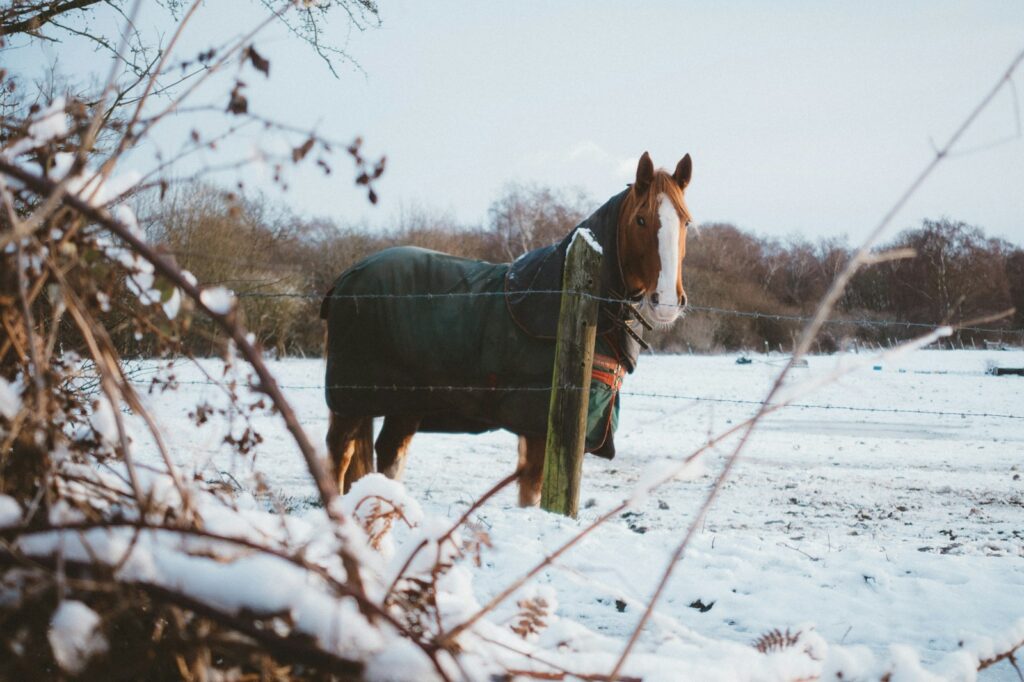
Senior horses often struggle more than their younger counterparts with seasonal changes, requiring proactive dietary adjustments. During winter months, increased calories—typically 10-20% more than summer requirements—help maintain body temperature and condition against the cold. Summer heat brings different challenges, with some seniors requiring electrolyte supplementation and higher moisture content in feeds to support hydration. Spring and fall transitions should happen gradually over 2-3 weeks to prevent digestive upset as pasture composition changes. Blanket when necessary during extreme weather, as maintaining body temperature consumes significant calories that could otherwise support condition. Additional consideration should be given to feed availability during extreme weather events, with at least a week’s emergency supply maintained for seniors who require specialized feeds.
Hydration: The Overlooked Nutrient
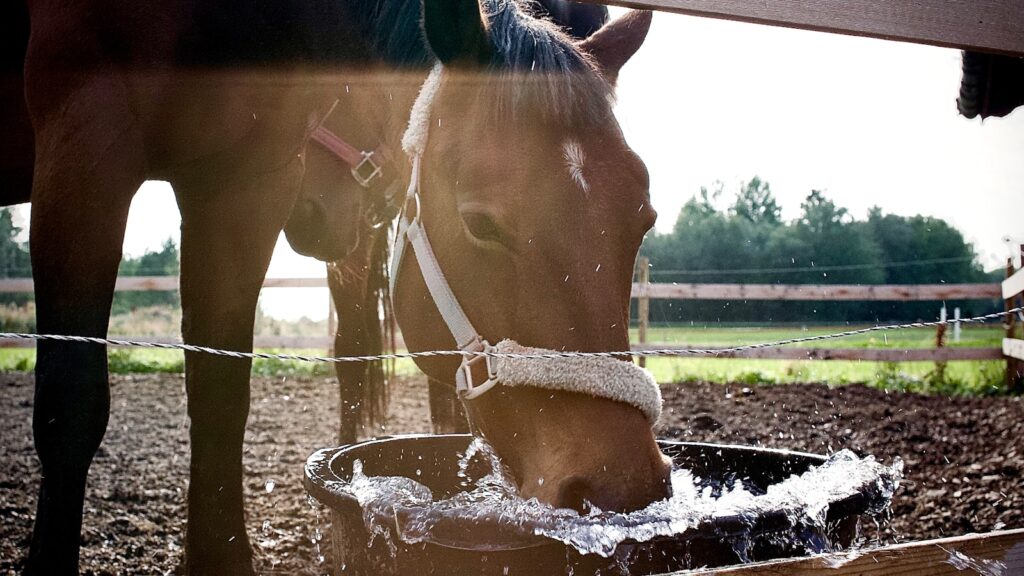
Water is perhaps the most critical yet frequently overlooked component of senior horse nutrition. Aging horses may drink less due to decreased thirst response or discomfort from arthritic conditions that make reaching water sources difficult. Ensure clean, fresh water is available at comfortable drinking height, with water heaters used during winter to maintain temperature between 45-65°F, the range most preferred by horses. Soaking feeds not only helps with dental issues but also increases overall water intake, supporting digestive function and reducing impaction colic risk. For seniors with Cushing’s disease who experience increased urination, water availability becomes even more critical to prevent dehydration. Consider adding electrolytes during hot weather or periods of heavy sweating to encourage drinking and maintain proper electrolyte balance.
Monitoring and Adjusting Your Feeding Program
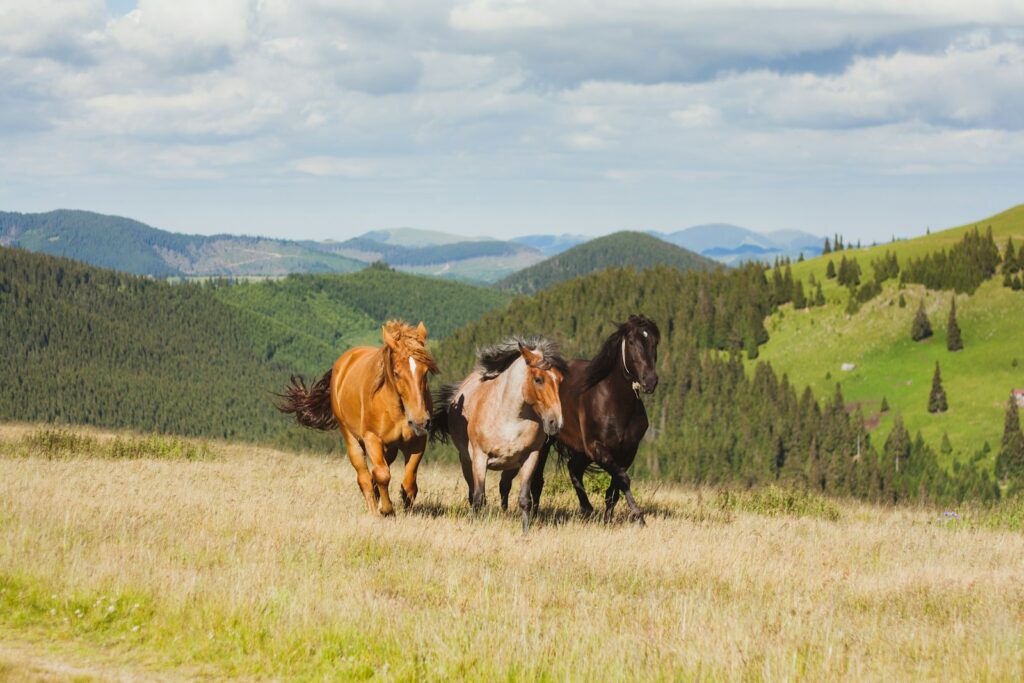
Consistent monitoring forms the cornerstone of successful senior horse nutrition programs. Implement regular weight tracking using a weight tape or scale, recording measurements at least monthly to catch subtle changes. Body condition scoring should be performed every 2-4 weeks, paying particular attention to muscle loss over the topline which can occur even when fat coverage remains adequate. Keep a detailed log of feed amounts, supplements, and any changes in appetite or behavior that might indicate digestive issues. Seasonal photographs taken from consistent angles provide visual documentation of condition changes that might otherwise go unnoticed. Remember that senior horses typically require more frequent reassessment and adjustment of their feeding programs than younger horses, with changes implemented gradually over 7-10 days to prevent digestive upset.
Working with Professionals to Optimize Nutrition
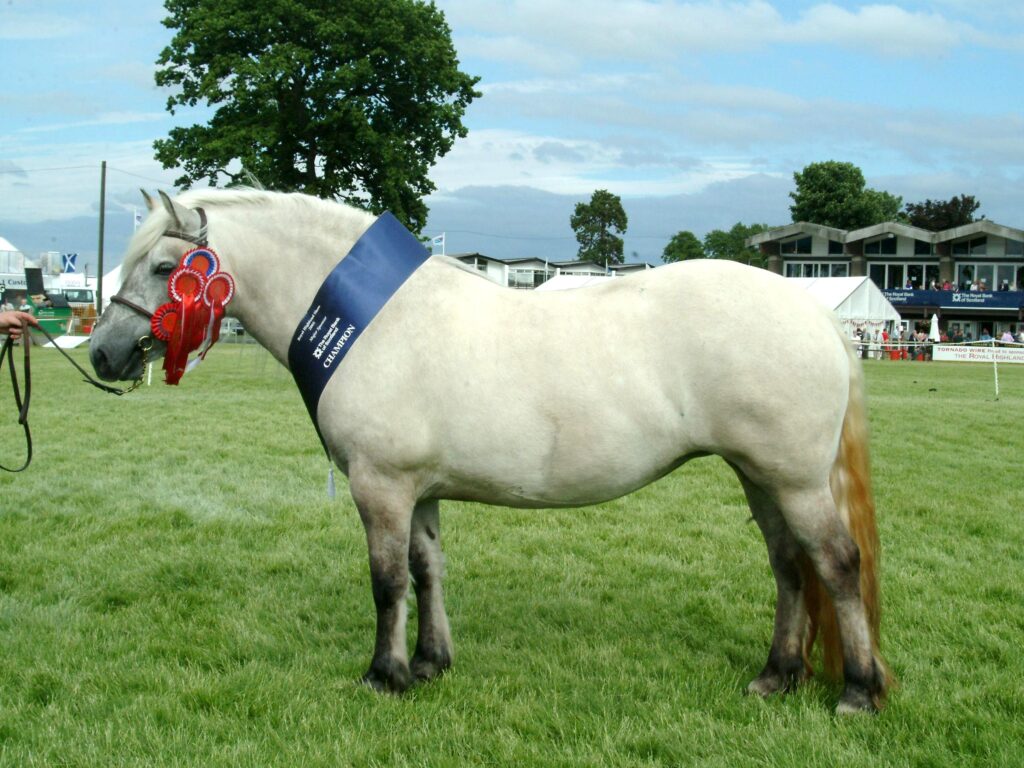
Creating an optimal nutrition plan for a senior horse often benefits from professional expertise. Regular veterinary examinations, including blood work, can identify underlying health issues affecting nutrition, such as Cushing’s disease, kidney dysfunction, or liver impairment. Equine nutritionists can analyze your current feeding program and suggest specific adjustments based on your horse’s individual needs and available feeds. Dental professionals should examine senior horses at least annually, with some requiring more frequent attention to address ongoing concerns. When working with multiple professionals, ensure clear communication between team members to create a cohesive approach to your horse’s health management. The modest investment in professional guidance often prevents costly health emergencies while maximizing your senior horse’s quality of life.
Creating a Customized Daily Feeding Schedule
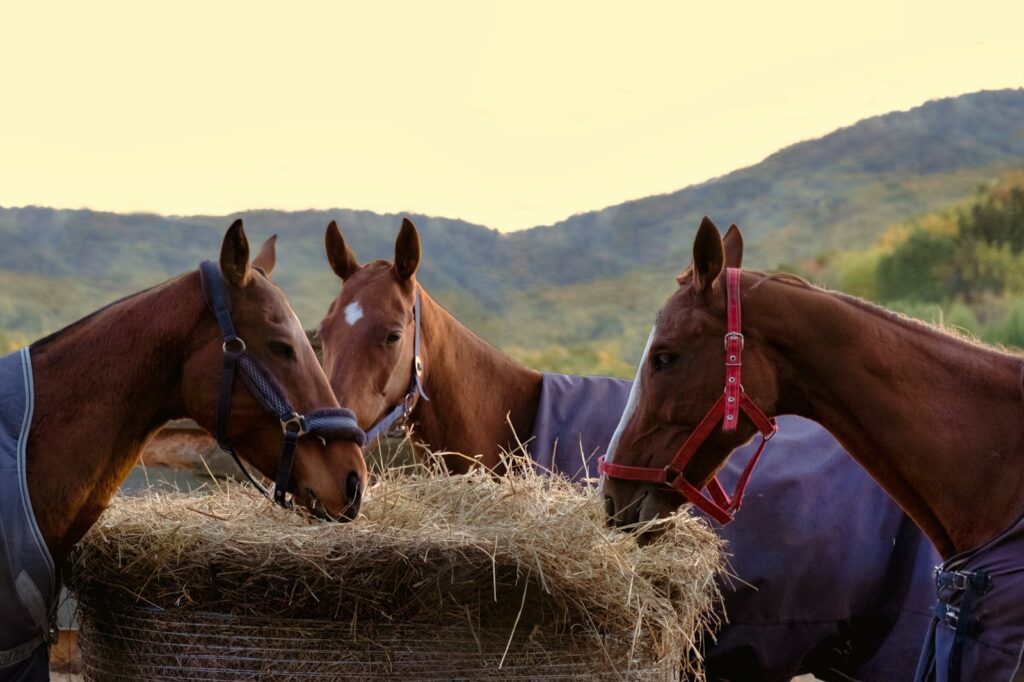
Implementing your senior feeding plan requires thoughtful scheduling for optimal results. Divide the daily ration into at least 3-4 smaller meals for easier digestion and better nutrient utilization. Allow sufficient time between concentrate feedings—at least 4-6 hours—to prevent overloading the digestive system. Maintain consistent feeding times, as seniors often have more sensitive digestive systems that rely on routine. Schedule any medications around feeding times according to veterinary recommendations, noting whether they should be given with or without food. For horses with competition for resources, create separate feeding stations or use slow feeders with appropriate spacing to ensure your senior receives their full ration without stress or confrontation with herd mates.
Special Considerations for Health Conditions
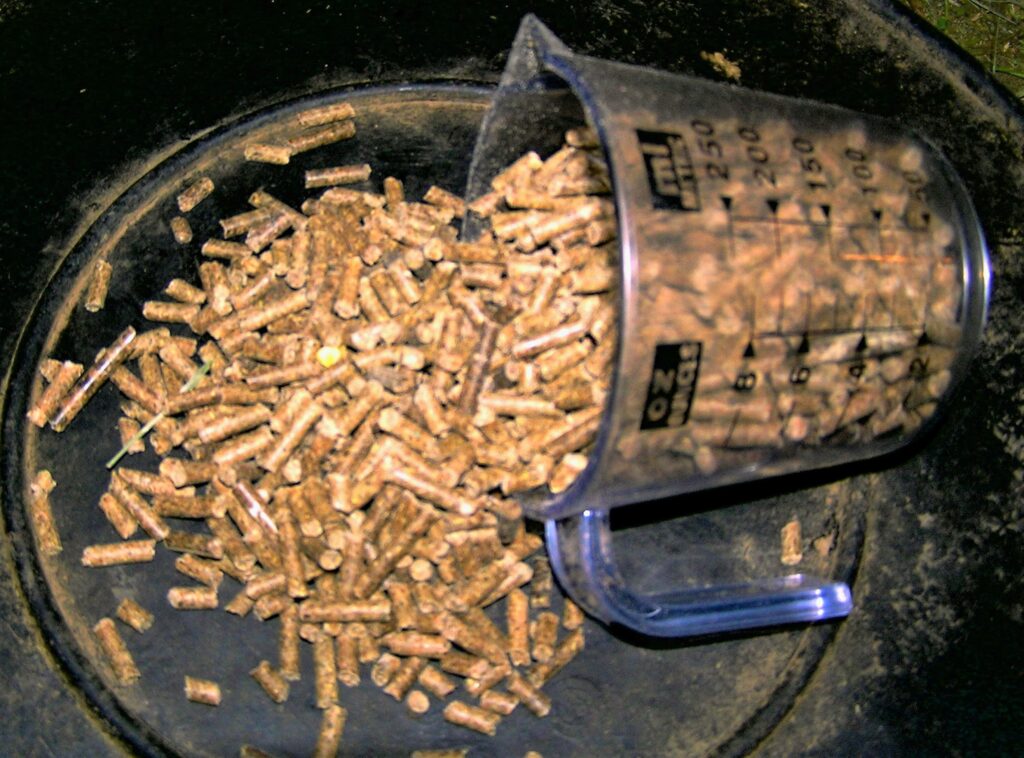
Many senior horses develop health conditions requiring specialized nutritional management. Cushing’s disease (PPID) often necessitates strict limitation of non-structural carbohydrates, typically keeping NSC levels below 12% while providing adequate protein to combat muscle wasting. Insulin resistance similarly requires low-sugar, low-starch diets with minimal or no grain and carefully selected forage options. Kidney dysfunction may require reduced protein levels and careful mineral balancing under veterinary guidance. Horses with chronic respiratory conditions benefit from low-dust feed options, including steamed hay or complete senior feeds. Dental-free seniors who cannot process any long-stem forage require complete feeds specifically designed to provide 100% of nutritional requirements, including adequate fiber, and should never be fed traditional grain concentrates without appropriate forage.
Conclusion
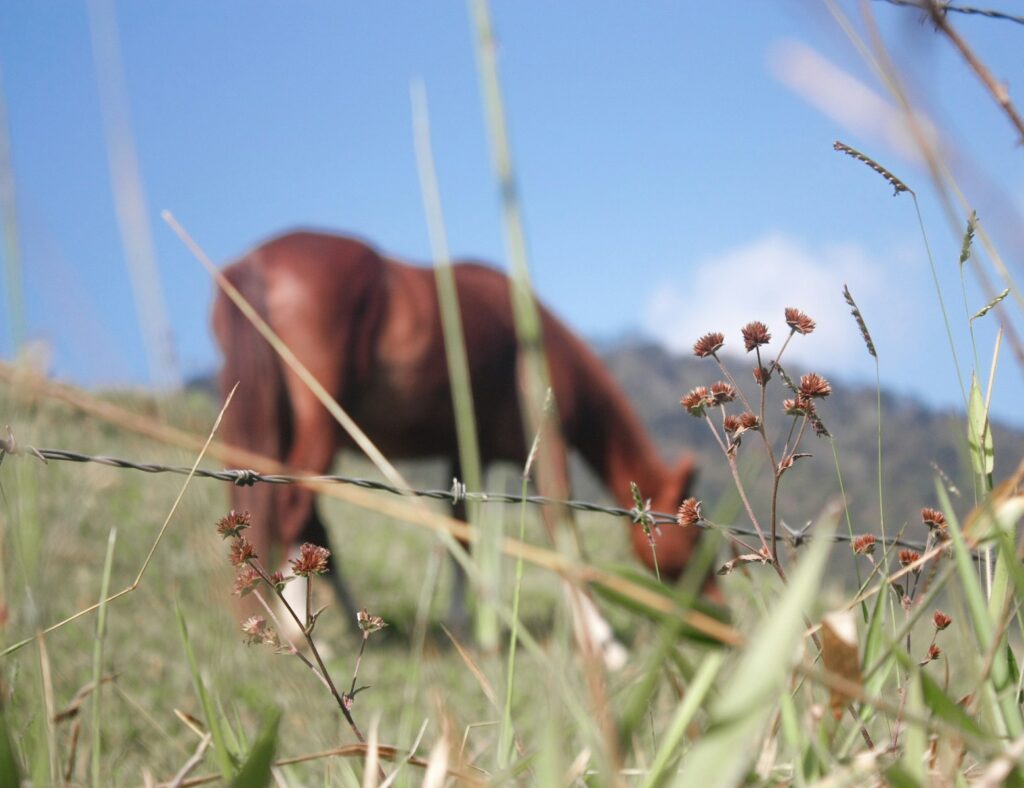
Creating a balanced feeding plan for your senior horse represents one of the most significant contributions you can make to their health, comfort, and longevity. By understanding the unique nutritional requirements of aging equines and implementing thoughtful, individualized feeding strategies, you can help your horse navigate the golden years with dignity and vitality. Remember that senior nutrition isn’t static—it requires ongoing observation, periodic reassessment, and willingness to adjust as your horse’s needs evolve. With proper attention to nutritional details, dental care, hydration, and suitable accommodations for any health conditions, many senior horses can maintain excellent quality of life well into their late twenties and beyond. The time and attention invested in optimizing your senior horse’s nutrition provides invaluable returns in the form of additional years of companionship with your equine partner.

